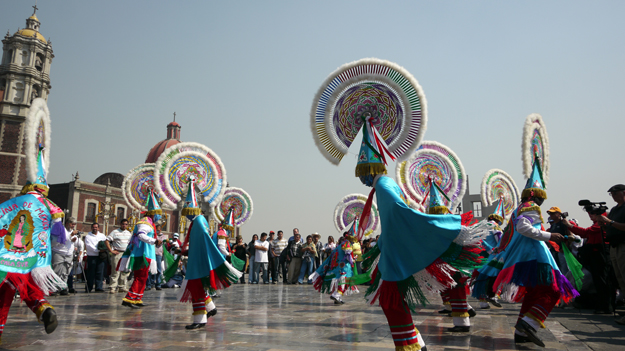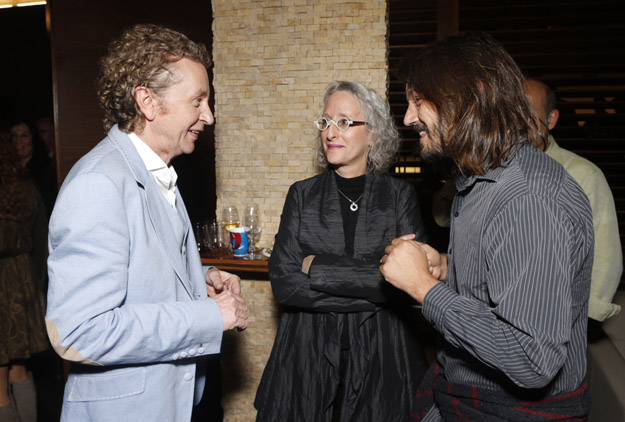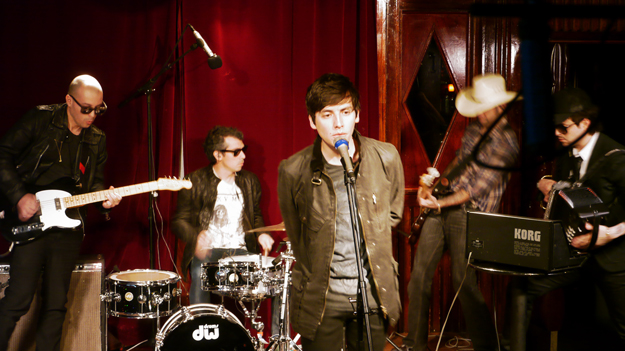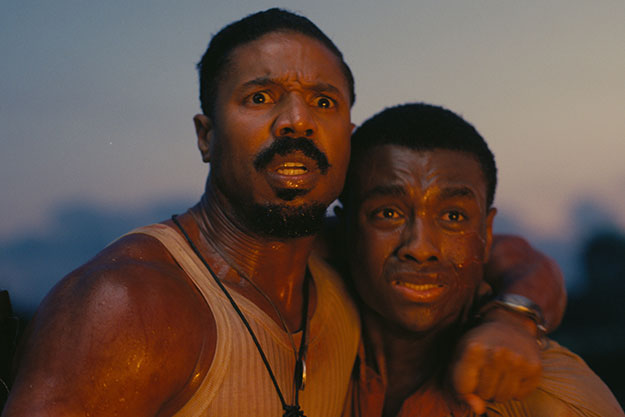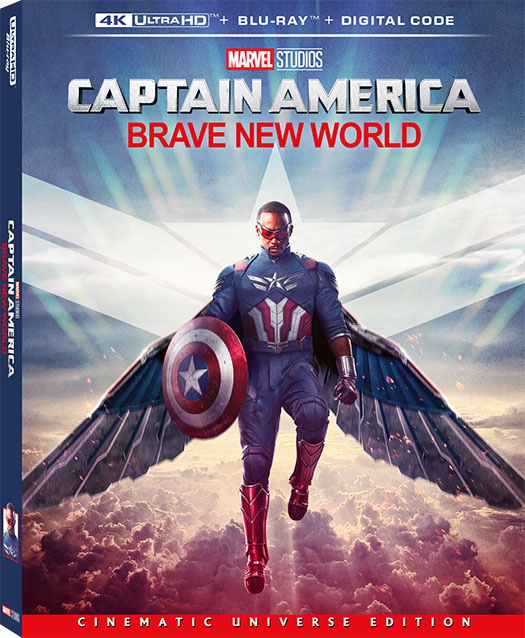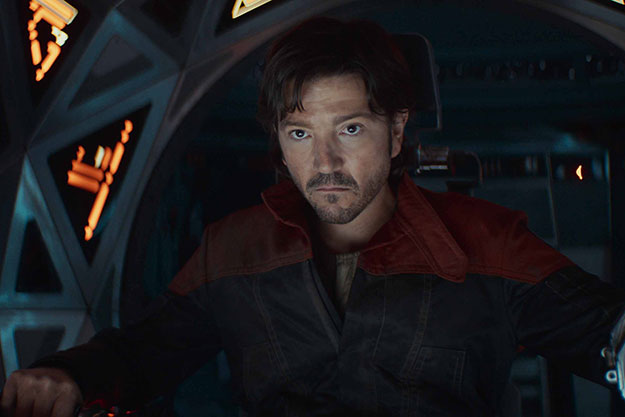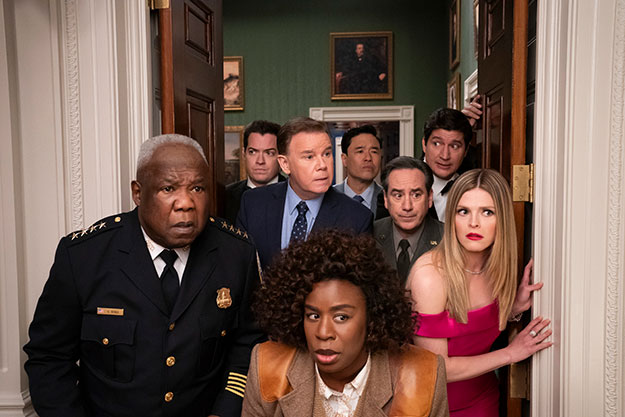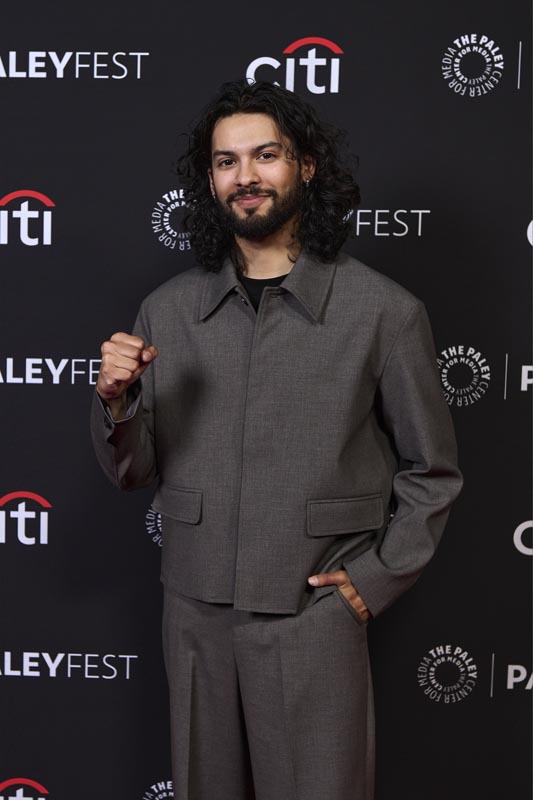Hecho en Mexico: The Musical Story of a Culturally Diverse Country
Put down all the preconceived ideas you might have about the United States’ southern neighbor, because in Duncan Bridgeman’s latest film “Hecho en Mexico,” you’ll get a new, bigger and colorful picture of Mexico’s vast cultural landscape. Through the use of original songs, conversations, reflections, wisdom and humor, Bridgeman weaves a cinematic tapestry featuring many great performers and minds in Mexico today.
Asked to come to Mexico, and put together something new that nobody had seen before, was the driving force behind this project, which has a lot of documentary style and content, without being one. “It’s a new form of musical. I start with the music and I put the narrative into the music, in musical chunks,” said Bridgeman at a recent press event in Los Angeles. “It was amazing that people trusted us, because we didn’t have a storyboard or a script,” he added.
“It’s all improvised,” he said. “You conduct the improvisation. The writing comes at the beginning and at the end. At the beginning, I was building concepts, and ideas that I wanted to explore and just trusting that it will fit [in the end]. It’s very editorial, in a way.” The film is actually 12 short films, each of them having a beginning, middle and end, that are stitched together with music, and always posing a contradiction.
He added, “people got it, that’s a testament to the creative individuals in Mexico.” The non-lineal form, with no real story and no real stars, is a very difficult thing to pull off without losing the audience attention, but Bridgeman says he’s not trying to prove anything, that he is just “trying to entertain, inspire, and maybe make people think a little bit and have an emotional response.”
One of those things that make us think is the involvement of Emilio Azcárraga and Televisa, which according to producer Lynn Fainchtein, “it’s part of the reflection that something needs to be changed. Monopolies in Mexico are not good, and I think, if we can break them will be great and if they [Azcárraga & Televisa] support a film like this, maybe we can have more things on screen, instead of telenovelas, that people might like.” Bridgeman adds, “it’s a paradox to the film.”
And a paradox it is. More than 140 individuals were involved in this project, and some of them happen to be vetoed by Televisa, which is the case of musician and artist, Sergio Arau. “I’ve been vetoed since 1989,” he said. And openly acknowledged that if he knew ahead of time of the Televisa attachment, he would have declined his participation in the film, specially now with their political ties. This doesn’t take away from all the positive things he has to say about Bridgeman and this film, “it’s very interesting, weird, made by a foreigner. He has a fresh vision and he is a great musician.”
On the other hand, the vocalist of electro-pop band Kinky, Gilberto Cerezo, was familiar with Brigdeman’s previous work, so he didn’t hesitate to accept the proposal from Fainchtein. Although they encountered challenges, Cerezo said, “it was easy for us to get involved because it was about music. And the challenges are always good because it takes you to places you have never been before.” Adds Ulises Lozano, keyboard player/programmer, “we didn’t know at the end how he [Bridgeman] was going to link all this music, from rock, to pop, to cumbia , to electronica and it was a surprise to see how he blend it all together and make it very harmonic and coherent.”
“Hecho en Mexico” is a portrait of contemporary Mexico, a vivid image laced with a musical narrative that can transcend any physical borders, and gives a nostalgic take on a country and its people.
Photo credit: Ginny Galloway/Todd Williamson
HECHO EN MEXICO in select theaters in Los Angeles, CA on November 30th!






